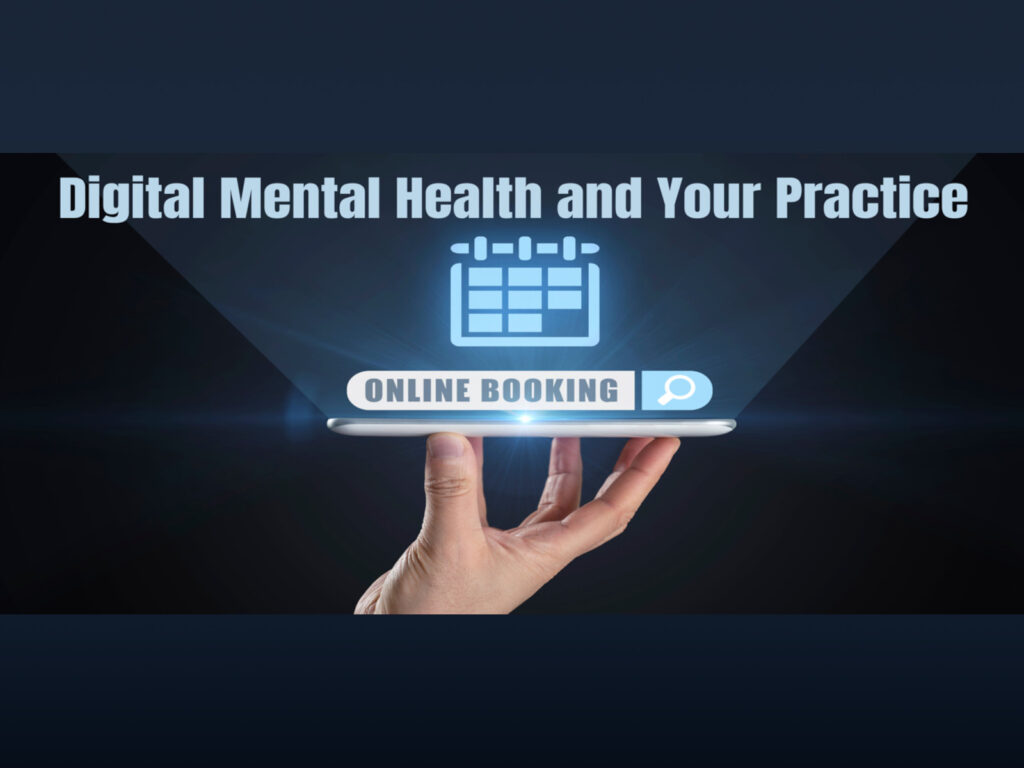So, what exactly is digital mental health? You may have heard the term ‘digital mental health’ used more frequently since the Coronavirus Pandemic. Digital mental health is essentially the provision of mental health support via digital technology. This can include assessment, treatment and follow up support. Digital methods include such things as video calling, telephone, mobile messaging and specific custom designed platforms and apps.
During and after the pandemic, there has been a significant increase in mental health and emotional health issues across many countries. In the UK there is a reported mental health crisis with many services struggling to provide for the numbers wanting support. Private practitioners and therapists are playing a key role in alternative provision.
When the pandemic first hit, many therapists had to move over to digital therapy methods literally overnight. For people accessing private therapy and other wellbeing services there wasn’t much choice if you felt you wanted help. I personally had quite a few that were hesitant and chose to wait rather than trying online work. For others there was the perception that it was a ’temporary’ measure until face to face could resume safely. Since this time there has been increased awareness of the benefits of working online with clients. Digital treatment is not a stop gap or second/inferior choice. The benefits for clients are that it is convenient and can facilitate engagement in the therapeutic process from the privacy of their own surroundings.
There are many factors to consider when offering an online platform for working therapeutically with clients. It is important to think through your digital delivery pathway and how you can develop a consistent and effective model for your individual practice, including how to deliver an ethical robust service. There are specific considerations that can enhance the quality of your practice and the service you deliver. We will think about these in my next blog.
Digital methods can help address the gap in service provision across many domains. From larger companies right down to individual practitioners such as therapists, counsellors, and psychologists. This may take the form of counselling sessions, assessment, or triaging patients. Outside of the mental health field it can include onboarding and conducting initial consultations online for professions such as holistic therapists, beauticians and aesthetic practitioners, Pilates, and yoga teachers. There are so many benefits to being able to reach your client base online and through other digital methods. It can also increase the scope of your work and reach.
Do you already work online with your clients? How often and when do you do this? If not, have you thought about working using online methods with your clients?
Digital Mental Health is the future- it could be for you?

